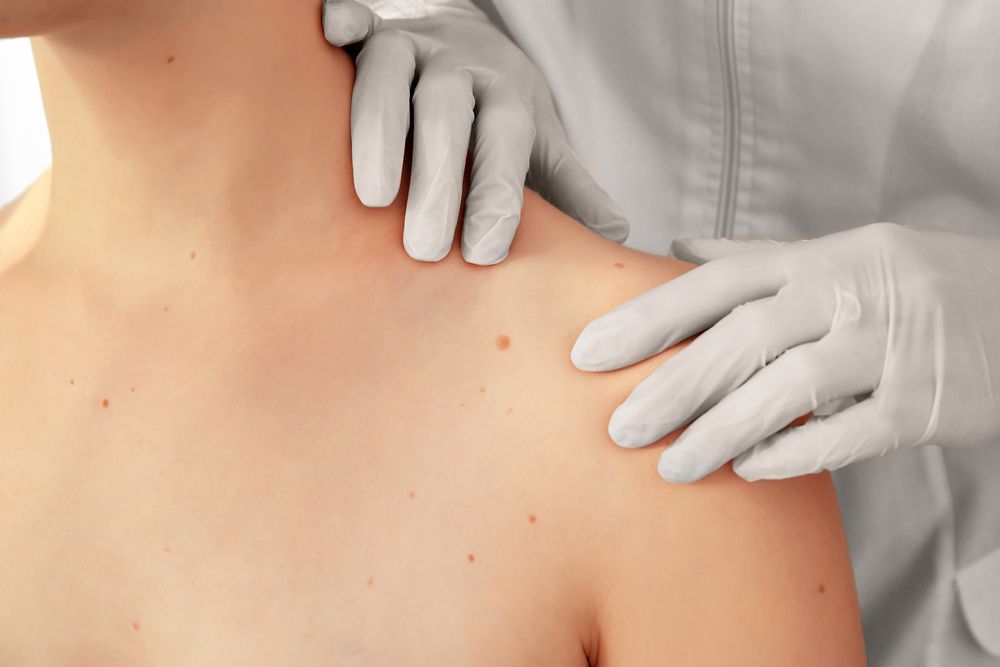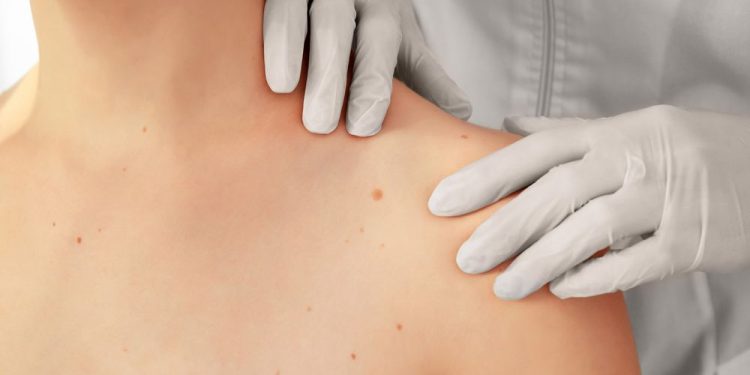Hepatocellular carcinoma (HCC) is a type of cancer that starts in the liver. It is the most common form of liver cancer and is usually found in adults. It is also a serious disease that causes death in many people.
Risk factors for hepatocellular carcinoma include long-term hepatitis B or C infection, cirrhosis, and alcohol use. Some of these conditions can be treated to lower your risk of getting hepatocellular carcinoma. Other conditions, such as obesity and high triglycerides, can increase your risk of having this disease.
The cause of hepatocellular carcinoma is not fully understood. In some cases, it is caused by a virus that infects the liver. In other cases, it is caused by genetic disorders or exposure to certain substances.
Fatty liver diseases, such as non-alcoholic fatty liver disease, are another risk factor for hepatocellular carcinoma. These disorders can be caused by a number of factors, including diet, obesity, and chronic alcohol use. Some people with fatty liver can develop cirrhosis, which can lead to hepatocellular carcinoma.
Hepatocellular carcinoma is most often diagnosed in people over 60 years of age. It is the most common cause of death among people who have cirrhosis or liver failure.
A patient with hepatocellular carcinoma should have regular appointments with a gastroenterologist or hepatologist. He or she will work with your primary care doctor to monitor your condition and treat any problems that may arise.
Patients with hepatocellular carcinoma should have laboratory tests to detect any abnormalities in their liver function. These tests include bilirubin, alanine aminotransferase (ALT), aspartate aminotransferase (AST), alkaline phosphatase (ALP), and albumin. Abnormal findings on these tests may indicate that the underlying liver disease is advanced.

Symptoms of hepatocellular carcinoma include abdominal pain, fever, jaundice (yellowing of the skin and eyes), nausea and vomiting, enlarged lymph nodes in the abdomen, and a lump or mass in the neck. Other symptoms may include weight loss, fatigue, and a decrease in appetite.
If hepatocellular carcinoma is not treated, it can spread to other parts of the body. This can cause complications, such as bleeding in the liver or intestines, and a dangerously low blood count called anemia.
The most important part of the treatment is to kill any cancer cells that have formed in the liver. This can be done by using drugs or by destroying the cells with surgery.
Some doctors also use an imaging test, such as a CT scan or an MRI, to check for cancer. These scans can help find cancer early when it is easier to treat and can help determine the stage of the cancer.
Hepatocellular carcinoma can also be treated by surgery, radiofrequency ablation, or liver transplantation. Other treatments include chemoembolization and chemical injections.
Treatment for hepatocellular carcinoma can be curative, meaning it can remove all of the cancer and allow you to live without pain or other problems. It can also be palliative, which means it can reduce your symptoms and improve your quality of life.









